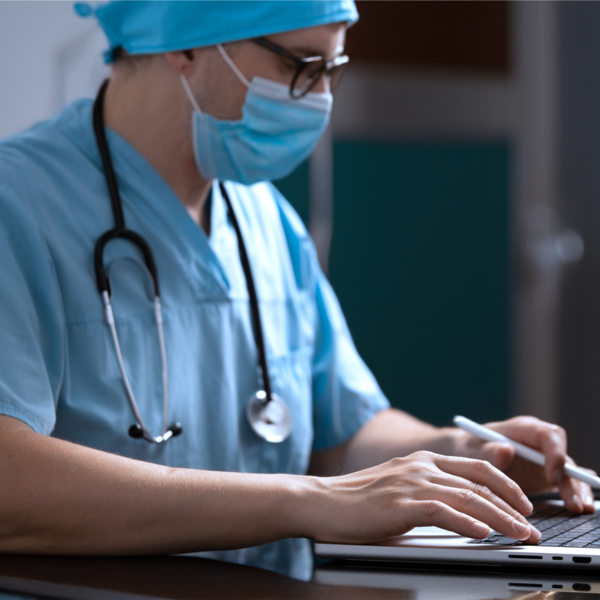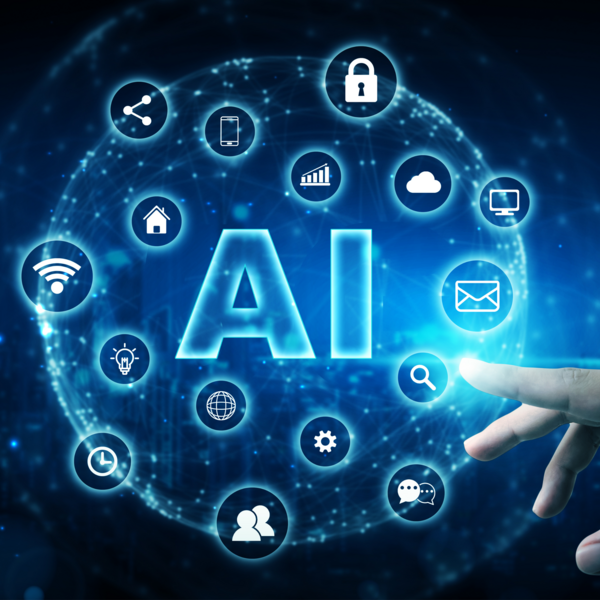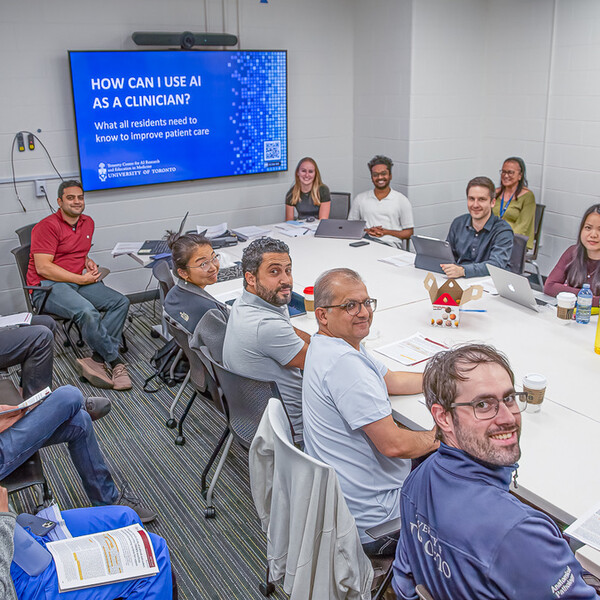
Breadcrumbs
- Home
- Education
- Education Overview
Education Overview
T-CAIREM's Education Trainee Affiliates
Guided by Education Lead Dr. Laura Rosella, our multidisciplinary team is dedicated to advancing Artificial Intelligence education in healthcare. Our mission is to equip diverse learners–from medical students to clinicians, developers, and patients–with the knowledge and skills needed to confidently understand and apply AI in real-world contexts.
Meet T-CAIREM's Trainee Affiliates
Learn more about our mandate here
Learning Opportunities
We offer a wide range of programs tailored to diverse users, according to their background, education level, and role engaging with healthcare AI tools.

Bootcamps
Our hands-on courses introduce participants—ranging from high school to PhDs—to AI.

Courses for Healthcare Professionals
We offer courses for health professionals to learn about the AI tools currently available for clinical practice.

Coding Programs
Our professional development courses provide trainees, healthcare professionals, and the public with the technical skills to undertake AI projects.

Workshops and Lunch & Learns
Our workshops and Lunch & Learns to enhance AI literacy among patients and the public are perfectly suited for small groups and organizations.

Developer Workshops
Our medical AI training sessions are best suited for AI developers.

Medical Curriculum
These academic sessions help medical students and residents develop their AI literacy.

Summer Research Program
Each year we arrange 30 paid summer research internships for graduate-level trainees across Canada for at least 10 weeks.

Trainee Rounds
Every summer, T-CAIREM showcases 10 innovative and outstanding projects by early-career researchers.
Educational Resources
Enhance your learning with our curated resources:
• AI Learning Hub: This is a collection of vetted resources for learning about AI.
• Living Glossary for AI in Medicine:T-CAIREM is a founding member of the International AI in Medicine Education Working Group, a consortium with nearly 20 of the world's top AI in medicine research centres. We led the development of a PDF with over 100 definitions of AI terms to help learners navigate complex terminology they are likely to encounter in the field. Eventually, we will replicate these resources as a searchable website, making them widely available to users around the world.
• T-CAIREM Education Framework: Our team has developed an internal framework for developing and delivering AI in medicine educational initiatives. (Coming soon!)
• Global Framework for an AI Curriculum in Medicine: [Coming soon!] As a member of the International AI in Medicine Education Working Group, we are currently developing a framework to help medical schools and training facilities worldwide develop an AI curriculum.
Explore Our Other Resources on GitHub
Join Our Upcoming Educational Programs
Stay up-to-date with our upcoming bootcamps, seminars, and workshops!
T-CAIREM's Upcoming Events & Deadlines
Contact Information
If you’re interested in having your organization participate in any of T-CAIREM's Learning Opportunities, please contact:
Marianne So
Curriculum and Event Coordinator
marianne.so@utoronto.ca
